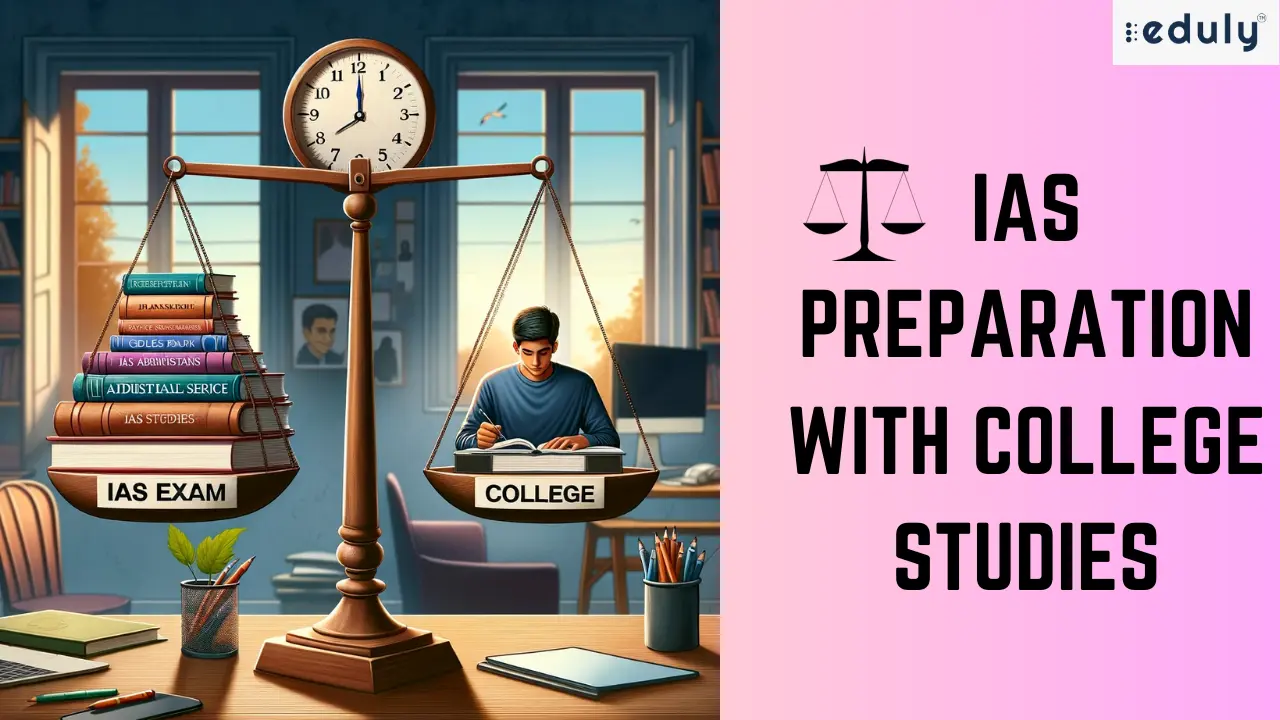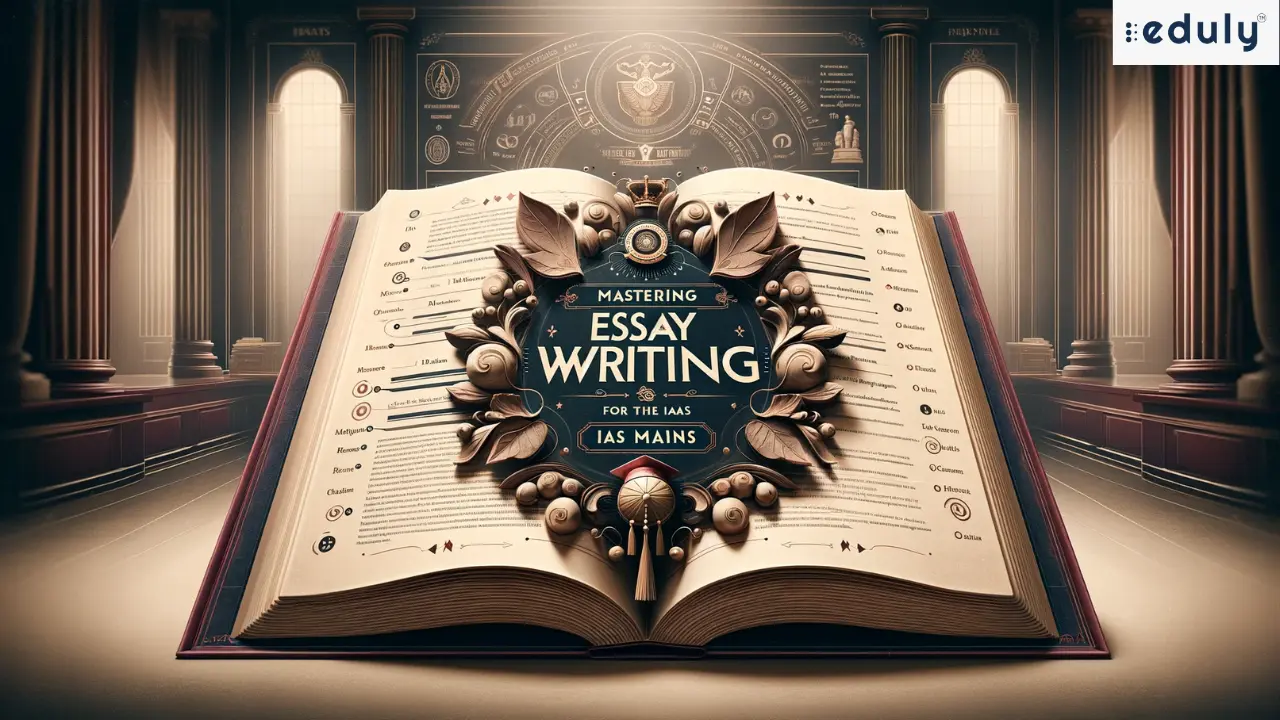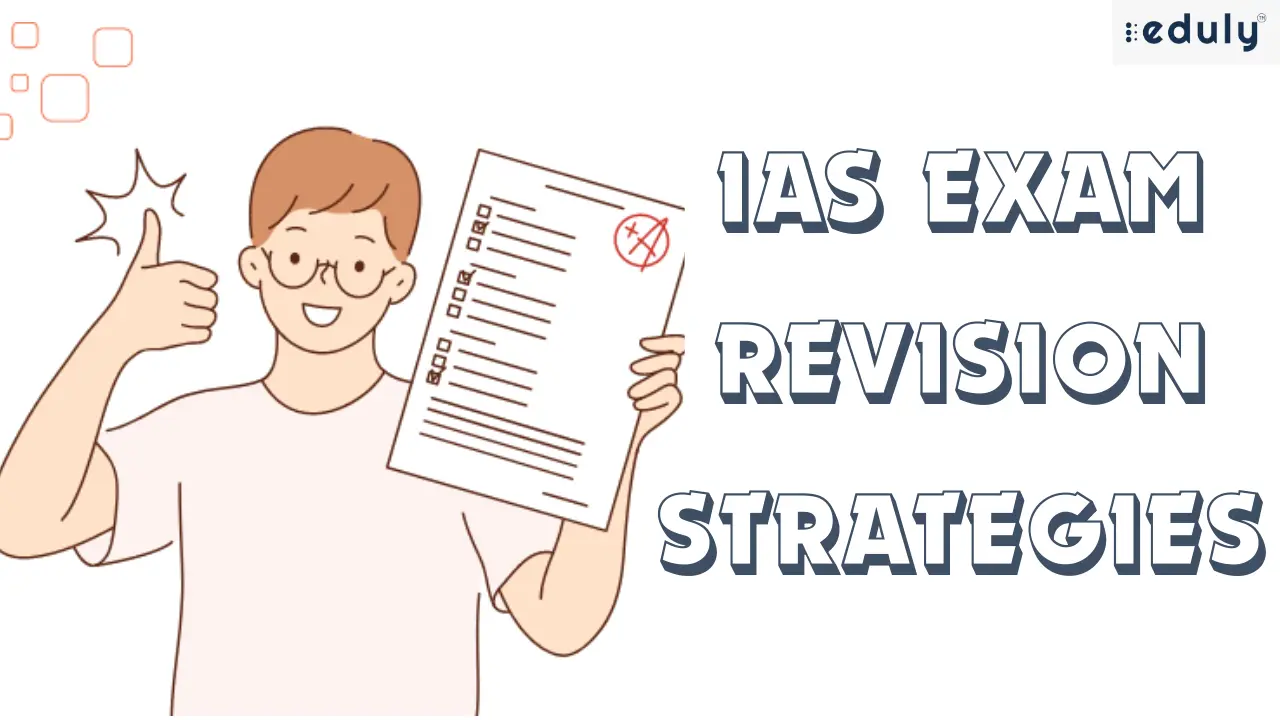Introduction:
It can be difficult and demanding to prepare for the UPSC Civil Services Exam, particularly for college students who must balance their studies with test-taking. However, college students can improve their chances of passing the exam by using the appropriate techniques and a well-organized study plan. The purpose of this post is to give college students useful advice, strategies, and pointers on how to get ready for the UPSC Civil Services Exam.
Understanding the IAS Exam
The UPSC test pattern consists of several phases that lead to the selection of applicants for different civil service positions. The Prelims, Mains, and Interview exams follow this format. Every stage assesses various abilities, knowledge areas, and aptitudes to make sure candidates have a well-rounded profile for successful public service.
According to the official notification, the UPSC CSE Exam Pattern consists of two stages:
- Phase I: Civil Services (Prelims) Assessment
- Phase II: Civil Services (Main) Assessment
- Phase III: Interview
1. UPSC PRELIMS
There are two exams here.
- Paper on General Studies
- Paper II on General Studies (CSAT)
Only multiple-choice questions are asked on both exams. Negative marks are awarded for incorrect responses on both examinations. Click down to learn more about the UPSC prelim marking methodology and how to avoid receiving negative points.
You must receive at least a 33% on the qualifying CSAT paper. Your GS Paper I will not be assessed till after that. Accordingly, the merit rating (from the GS Paper I preliminary exam) for mains eligibility will be out of 200.
2. UPSC MAINS
You are eligible to sit the UPSC mains exam if you pass the preliminary exam. Nine papers total, all of which are descriptive.
The documents are:
- I. Paper A: 300 points for the modern Indian language
- II. Paper B: 300 points for English
- III. Paper 1: 250-mark essay.
- The candidate may choose to write this paper in a language of their choice or the exam language.
- IV. Paper 2: First-year General Studies: 250 points.
- Subjects: Global History, Geography, and Indian Heritage and Culture
- V. Paper 3: Exam Score: 250 for General Studies II
- Discussion points include international relations, social justice, diplomacy, and governance.
- VI. Paper: 43,250 points for General Studies
- Themes: Disaster Management, Technology, Economic Development, Environment, and Biodiversity
- VII. Paper 5: 250 points for General Studies IV
- Subjects: integrity, ethics, and aptitude
- VIII. Paper 6: Optional Subject Paper 1, 250 marks
- The candidate is not required to take literature at the graduation level to pursue it as an elective.
- IX. Paper 7: Optional Subject paper 2, 250 marks
- The English and Indian language qualifying exams do not weight the overall mains ranking calculation, and their marks are not included in the total. Therefore, the mains total is 1750 marks away.
3. Personality Test and Board Interview for UPSC
You will be invited to the UPSC interview if you pass the UPSC main exam. In this interview, a panel will evaluate your knowledge, disposition, aptitude, leadership skills, ability to communicate, comprehension of a story or argument, capacity for reasoning, recognition of many points of view, awareness of and concern for socioeconomic issues, and breadth and depth of interests.
Even though college might be challenging, time management skills are essential. Set aside particular times for studying for the UPSC and college. To maintain a balanced approach, prioritize your studies and themes according to the UPSC syllabus and your academic calendar. Determine which areas of the UPSC syllabus and your college curriculum overlap. Concentrate on topics that both of them share so that you may combine your efforts.
Time Management Strategies
1 Creating a Study Schedule:
Your most valuable resource is time. Make a practical schedule that allotted particular hours for studying, attending college lectures, and preparing for the UPSC. Sort your tasks according to significance and deadlines. Utilize resources based on the amount of time you have available. You may investigate Undergraduate Foundation Courses, among other courses.
Establish objectives and create a study plan that reflects them. Consider your daily study schedule realistically and make achievable goals.
2 Prioritising and Planning:
Think carefully about your interests and the score trends while choosing your optional subjects. To ensure you make an informed choice, confer with seniors and mentors.
Read newspapers, periodicals, and internet sources to stay up to date on current events. This will assist you during the preliminary and interview phases.
Synergy Between College Studies and IAS Preparation
Look for areas where your undergraduate coursework and the topics required for the civil services intersect. For example, you can utilize the same texts and resources for economics, geography, and history studies. In addition to saving you time and effort, doing this will help you grasp the ideas better.
You can prepare for the civil services with several helpful materials from your college. Academic journals, the library, and online databases are all accessible. Your lecturers are another resource for advice; they can address any questions or concerns you may have. Joining study groups with other students who are getting ready for the civil services exam is another option.
Effective Study Techniques
1 Active Learning:
The first thing to do is to become familiar with the civil services exam. And then find the best resource to study which can help you in getting knowledge of core subjects.
The preparation of the civil services exam may be difficult if you are preparing alone. So, get some students who are already doing his preparation. They can help you in your UPSC preparation and you can get more information from them.
2 Utilizing Breaks and Downtime:
The best technique to study is to break your syllabus in parts so you can easily access the resources which you want to study. Make notes on a daily basis of studying. It can help in your revision period.
Stress Management and Self-Care
Exercise frequently to release endorphins, which are organic mood enhancers. Exercise, whether it be in the form of vigorous walks or yoga sessions, is a powerful stress reliever that improves general well being.
A diet high in nutrients has been shown to improve energy and mood. Snack on wholesome foods that nourish the body and mind instead of too much caffeine and sugary snacks.
Burnout can be avoided by taking short breaks during study sessions. You can improve productivity and refresh your mind by stretching, drinking plenty of water, or doing basic deep breathing exercises.
Leveraging Technology and Resources
1 Smartphone Note-Taking Apps
An important component of UPSC preparation is taking notes. Evernote, OneNote, and Google Keep are great mobile apps for note-taking, organization, and cross-device syncing. On the fly, you may quickly view and edit your notes.
2 Information and networking through social media
You can follow ministries, experts in different sectors, and representatives of the government on social media sites like LinkedIn and Twitter. You can be informed on the most recent rules, regulations, and fashions. Additionally, networking with those who share your goals might lead to study partners and fresh perspectives.
3 Use YouTube to Watch Lecture Videos
YouTube has become a potent educational resource. Numerous channels that give video lectures on a variety of topics are devoted to helping candidates prepare for the UPSC test. You can find a variety of learning tools on channels like Unacademy, Study IQ Education, and Drishti IAS, which frequently upload educational films on UPSC subjects.
Find Coaching
Seeking Support and Guidance
Engaging with other UPSC candidates creates a network of people who are sympathetic and aware of your struggles. Stress and feelings of loneliness can be reduced by exchanging strategies, encouragement, and experiences.
By engaging with people you will address many things which you don’t know about the exams. They will share their Strategies and ideas which you can use for your purpose. Taking guidance from a knowledgeable person can give a boost in your studies.
Learning from Success Stories
We share with you a few motivational stories of IAS triumph. We are sure that these inspirational tales of tenacity and resolve will inspire you and move you one step closer to realizing your IAS dream!
The story by Saumya Sharma is truly motivational. In 2017, she passed the IAS exam on her first try and placed an amazing ninth. Sharma, a skilled lawyer from Delhi, showed incredible fortitude in the face of a hearing problem that started in her early school years. Her success is an inspiration for many aspiring candidates in IAS coaching in Delhi. According to her, having self-belief and seeking the right advice are crucial for success. Sharma was not enrolled in any offline coaching programs, therefore she primarily relied on online coaching materials like interactive media and video lectures. Sharma only needed four months to prepare for it, which makes her accomplishment even more amazing.
Conclusion:
It is definitely difficult, but not impossible, to balance graduation courses with UPSC CSE training. Time and resource management done well, along with consistency, are crucial components. Have a positive outlook on your journey and be committed to your objectives.
Additionally, keep in mind that the quality and commitment you put into your preparation will influence how well you perform on the UPSC examination rather than the quantity of study hours you put in. By giving you a broad knowledge background, your graduate studies can also help you prepare for the UPSC.
Also Read:




